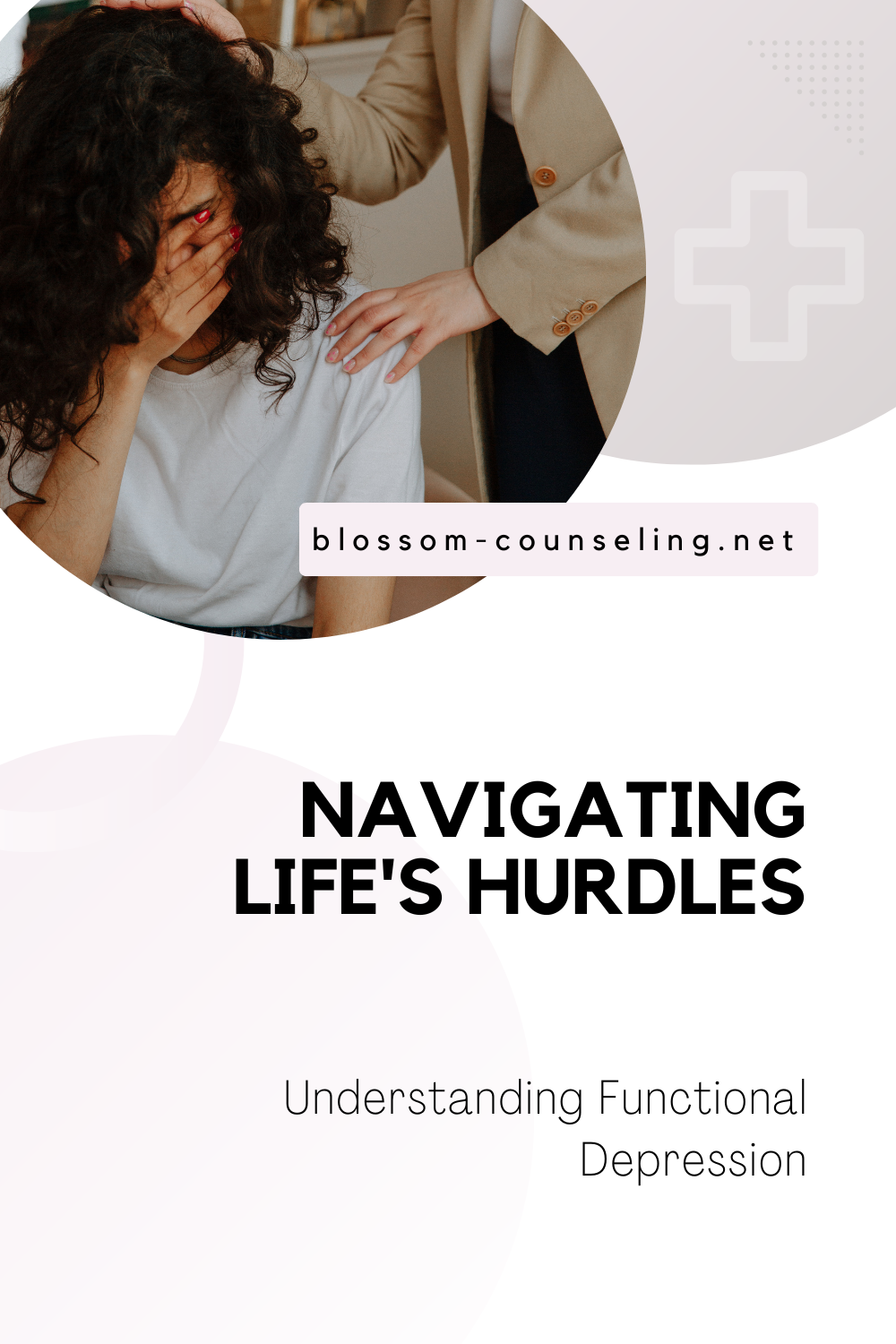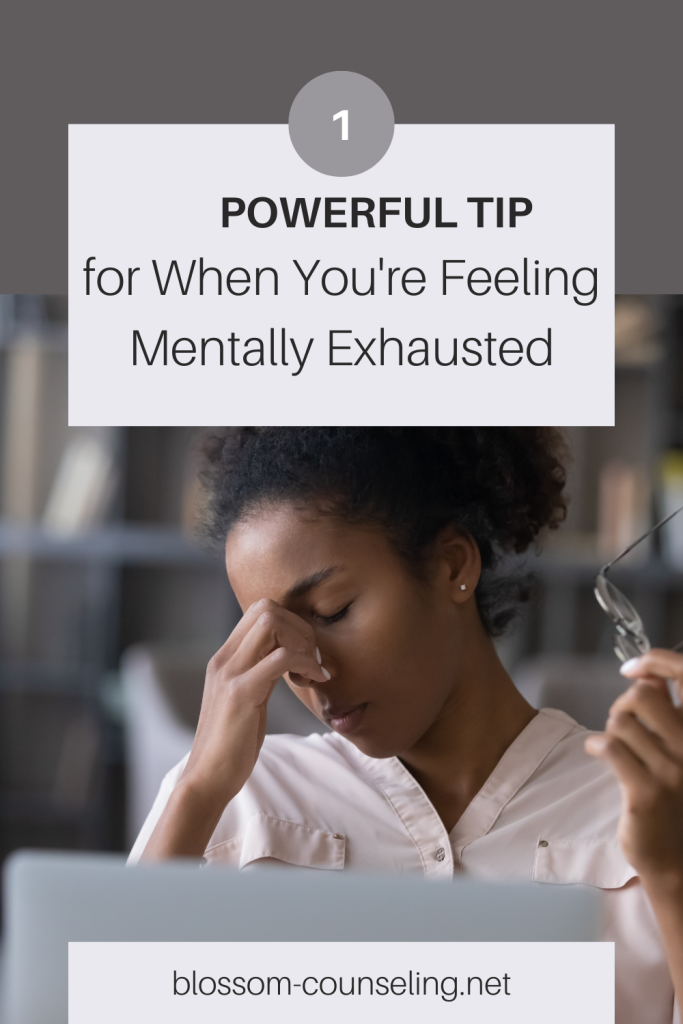
Imagine handling daily responsibilities—work, social gatherings, paying bills—yet constantly battling an internal shadow. This is the reality for those experiencing functional depression, a condition where individuals manage to maintain their day-to-day functions but are silently struggling with depression.
Functional depression, often called dysthymia or high-functioning depression, doesn’t manifest through easily observable symptoms like some other forms of depression. Instead, it wears a mask. It’s the colleague who laughs at your jokes and meets deadlines but feels overwhelmed by emptiness inside. It’s the friend who always shows up at gatherings but quietly battles a persistent sadness or a sense of worthlessness.
The Invisible Struggle
People with functional depression often appear to lead successful, active lives. They go to work, socialize, and maintain relationships. However, beneath the surface, they may experience continual feelings of sadness, fatigue, and low energy, which they are adept at concealing from those around them. This ability to ‘keep going’ can delay seeking help because their struggles are not as apparent, and sometimes they dismiss their feelings as mere exhaustion or a temporary phase.
The Dual Life
Living with functional depression involves managing two selves: the public façade of normalcy and the private reality of emotional turmoil. This duality can be draining. Imagine spending your day in a state of high alert, performing and interacting as expected, only to return home and feel the heavy cloak of sadness drape over you. The constant switching between these states can exacerbate feelings of exhaustion and anxiety.
Symptoms to Watch For
Understanding the subtle signs of functional depression can prompt earlier intervention and support. Common symptoms include:
Persistent sadness or low mood that doesn’t fully impede daily functioning but consistently looms in the background.
Decreased energy, leading to efforts like over-caffeinating to stay productive.
Changes in sleep patterns, such as difficulty sleeping or sleeping too much, despite maintaining a normal workday.
Irritability or excessive worry, especially about matters that didn’t previously provoke anxiety.
Feelings of guilt or worthlessness that persist even when things are going well externally.
Difficulty enjoying activities that used to bring pleasure, a condition known as anhedonia.
The Coping Mechanisms
Individuals with functional depression often develop sophisticated coping mechanisms to mask their struggles. They might over-prepare for activities to avoid any potential stress that could exacerbate their depression. They may also set extremely high personal standards, pushing themselves harder than necessary to avoid any perceived risk of failure that might trigger a depressive episode.
Recognizing and Responding
Recognizing functional depression in oneself or others can be challenging due to its covert nature. Paying attention to emotional fluctuations and subtle changes in behavior or energy levels can be key. For those enduring this silently, understanding that this form of depression is genuine and treatable can be a crucial first step towards healing.
For friends and family, the support might involve noticing when someone overly justifies being ‘just tired’ or when they consistently “mask” their true feelings under the guise of normalcy. Offering a non-judgmental space where they can express their feelings without the pressure of maintaining appearances can provide immense relief.
Embracing Emotional Health
While functional depression can be daunting due to its invisibility, recognizing it is the first step toward change. For those experiencing it, acknowledging the condition doesn’t diminish your accomplishments or strength. Instead, it’s a move towards authenticity, where seeking help is an act of courage, not a sign of weakness.
Navigating through functional depression involves acknowledging the highs and lows of one’s emotional state and understanding that both are integral to our human experience. Whether you or someone you know is coping with this form of depression, remember that help is available and recovery is not just possible but probable.
</table
|
|




